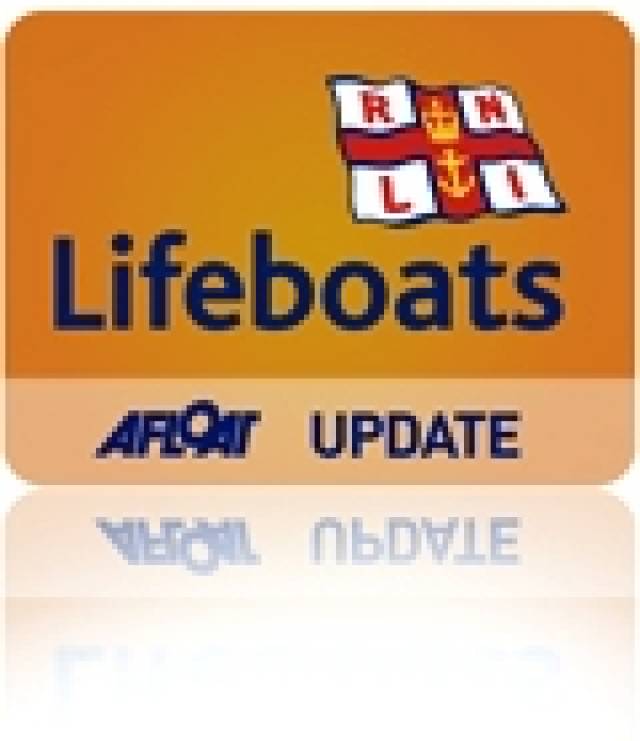#rnli – Diageo Northern Ireland announced that it raised a total of £17,390 for its charity partner, the Royal National Lifeboat Institution (RNLI).
The staff at Bushmills Distillery participated in a number of fundraising events, ranging from the company's annual barrel roll to running the Belfast Marathon, all in aid of its chosen charity partner. The employees raised £8,965 which was then doubled by Diageo NI through a match-funding initiative.
The staff at the Distillery invited volunteer crew members from Portrush RNLI station to receive the cheque and to have a tour of the premises.
Gordon Donoghue, Bushmills Site Director said
'As part of an on-going commitment to investing in our communities, Bushmills employees and the local community have once again shown great generosity in raising such a huge sum for the RNLI. Diageo NI is proud to have carried out the substantial fundraising effort and we hope the funds raised will go some way towards saving lives at sea."
Robin Cardwell Lifeboat Operations Manager at Portrush said:
The crew were delighted to receive this cheque on behalf of the RNLI. We are overwhelmed at the generosity of Diageo NI and were very proud to be the nominated charity partner for the Distillery this year. The RNLI depends on these funds to train our volunteer crews and to maintain our equipment to the highest standards so we can continue to save lives at sea.
After the presentation the crew were given a tour of the premises and met staff who had participated in the fundraising events.































































